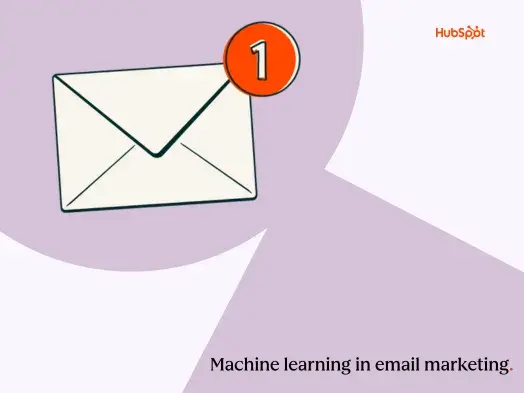I learned that this voice actor, singer, and YouTube creator had amassed 2.21 million followers and over a billion video views, and the craziest part — she doesn't show her face. AmaLee is among the many unique creators who utilize AI avatars instead of their likenesses on their channels.
![]()
After that experience, it got me thinking: is this the future of YouTube? How well can AI improve videos? And how many viewers like this content style over my more typical vlog formats? In this post, we‘ll dive into what AI avatars can look like, how they work, and how YouTube virality can change because of it. So let’s get started.
Faceless YouTubers Aren't A New Thing
YouTube has been around for 18 years, and during that time, there has been an explosion of niches for which YouTubers have come to love and create content.
While many assume you need an expensive camera set up to get a leg up on the platform, plenty of channel ideas don't require showing yourself.
How AI is Changing Faceless Content
Now where AI falls into the mix, is how faceless YouTubers show their personality with more than just their voice — commonly known as Vtubers.
The earliest Vtuber came to fame in 2016 under the name Kizuna AI, who amassed over 4 million subscribers at the peak of their popularity on the platform. Due to the fun and immersive personality and look of this Vtuber, they were able to immerse their persona into music videos, and even VR video game series such as Touch the Beat, supported on huge platforms like Nintendo and Steam.
![]()
This level of success has inspired others to invest in the tech, among many other factors.
Why do people choose AI Avatars?
Just as this Vtuber, Kyho, has kindly shared, there's a plethora of reasons why people look to use AI Avatars in a creative space:
They can express themselves more freely.
Oftentimes, it can be hard to be as naturally expressive as you want to be when a camera is on and recording. For many people, an AI avatar takes off some of the edge and doesn't necessitate wearing flashy clothes, jewelry, or makeup.
It's a judgment-free way to become part of a community.
People who prefer animosity could do it as a means to protect themselves from judgment. Especially for those who value keeping a professional image and still indulging in fun and alternative content, they can use AI to make sure their employer or others can't tell their identity.
It's inclusive.
Some people have disabilities that they may not want to come forth with through traditional video camera footage. It's almost like a safe space, where regardless of appearance, age, or gender, can enable people to have fun and be creative.
Will AI avatars last?
I think for as long as we have the technology, there will be a growing interest in the AI avatar community. Whether it be Vtubing, or other faceless content optimized by AI, people will continue to flex their creativity and indulge in their favorite interests through the means.
The future of video creation could evolve with AI.
The future of video creation holds tremendous promise thanks to the exciting developments in AI technology. Creators can deliver engaging content with unprecedented levels of personalization — and do it with confidence. As AI continues to evolve, we can expect a new era of immersive storytelling and enhanced audience engagement.
Artificial Intelligence

.png?height=613&width=1920)




![AI email subject lines that drive 3x more revenue and actually convert [+ exclusive insights]](https://53.fs1.hubspotusercontent-na1.net/hubfs/53/ai-email-optimization-1-20251014-4500151-1.webp)




